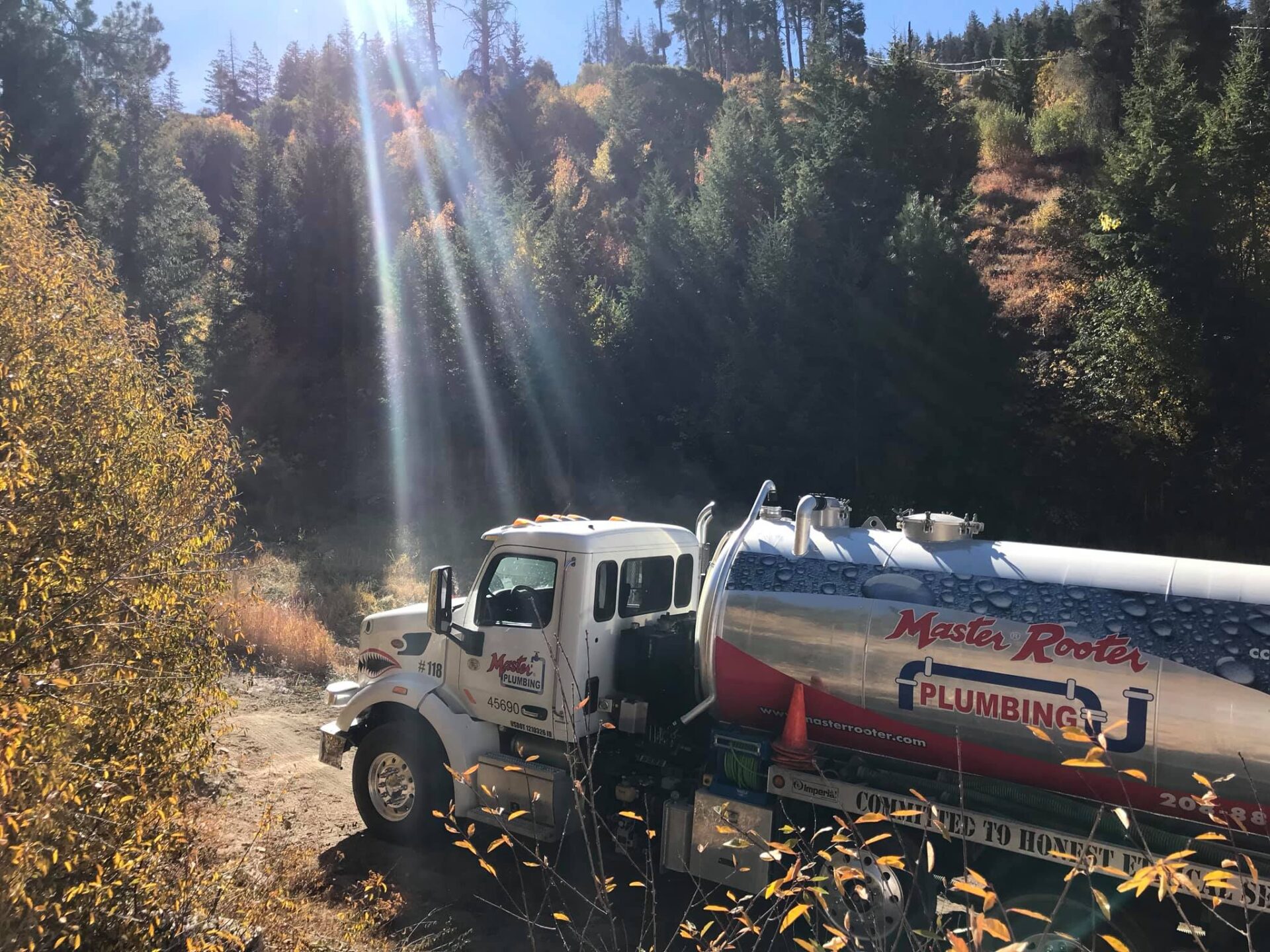All the water that enters your house through pipes ends up leaving your house through pipes. In the city there is a system that deals with waste water. Waste water goes to the sewer. From the sewer, waste water goes to a treatment plant. The treatment plant renders the waste water harmless. The now harmless waste water can enter the ecosystem again. But what happens when you don’t live in a city? What do people who live outside city limits do? How is wastewater handled for people who live in rural areas? Where does wastewater go if there is no sewer system to handle it?
In rural areas waste water goes into a septic tank.
What is a septic tank?
According to Idaho’s Department of Environmental quality, the septic tank holds the wastewater long enough for solids to settle into a sludge at the bottom of the tank, while oils and greases float to the top, forming a scum.
The Department of Environmental Quality adds, tank effluent flows to a drain field where pipes below the surface distribute the wastewater throughout the drain field. The wastewater then percolates through the soil. As the wastewater moves through the soil, some waste products adsorb to soil particles, while microorganisms in the soil ingest other waste products, providing final treatment of the wastewater.
Septic Tank In Demystified
A septic tank stores waste water. It separates into sludge (solid), waste water and scrum (fat). The liquid drains into soil near the tank and is purified by soil bacteria.
The solid material called sludge begins to build up, filling up the tank. Once the tank is full, it will need to be emptied.
How often should the septic tank be emptied?
The Idaho Department of Environmental Quality recommends draining a septic tank every 3 – 5 years.
You might need to drain your septic tank more frequently based on how frequently it is used, the size of the tank, the number of people living in the home, and even the age of the tank. In Idaho a septic tank must be 1000 gallons at the smallest for a 3 bedroom house, but older homes may have smaller septic tanks.
While you can perform maintenance on your septic tank, call our septic tank specialist to take care of your waste water plumbing needs. Our professionals have the training to safely maintain and drain your septic tank.

